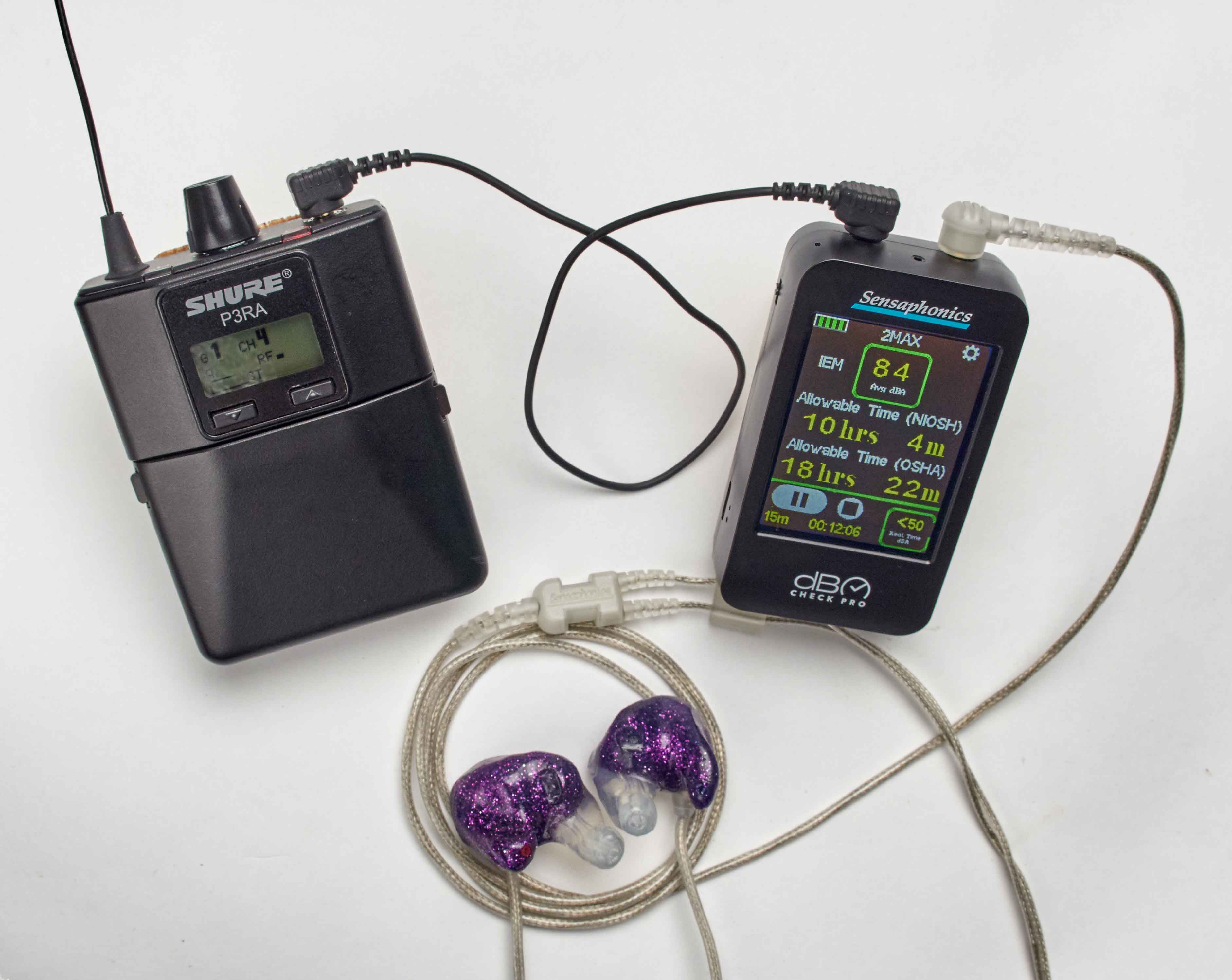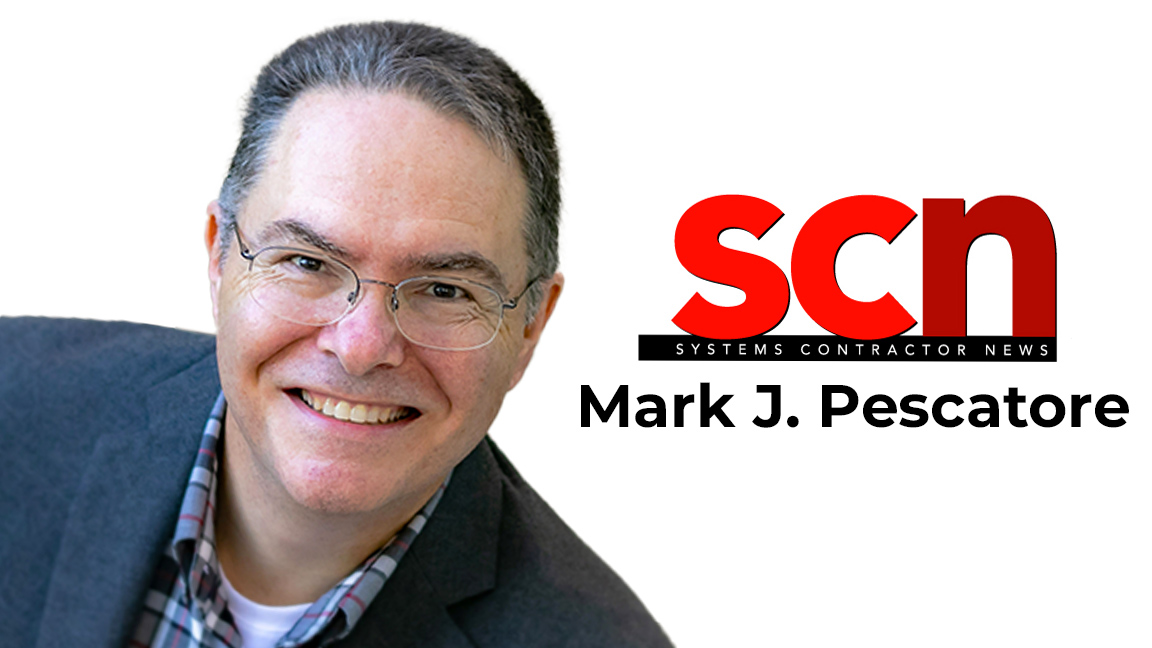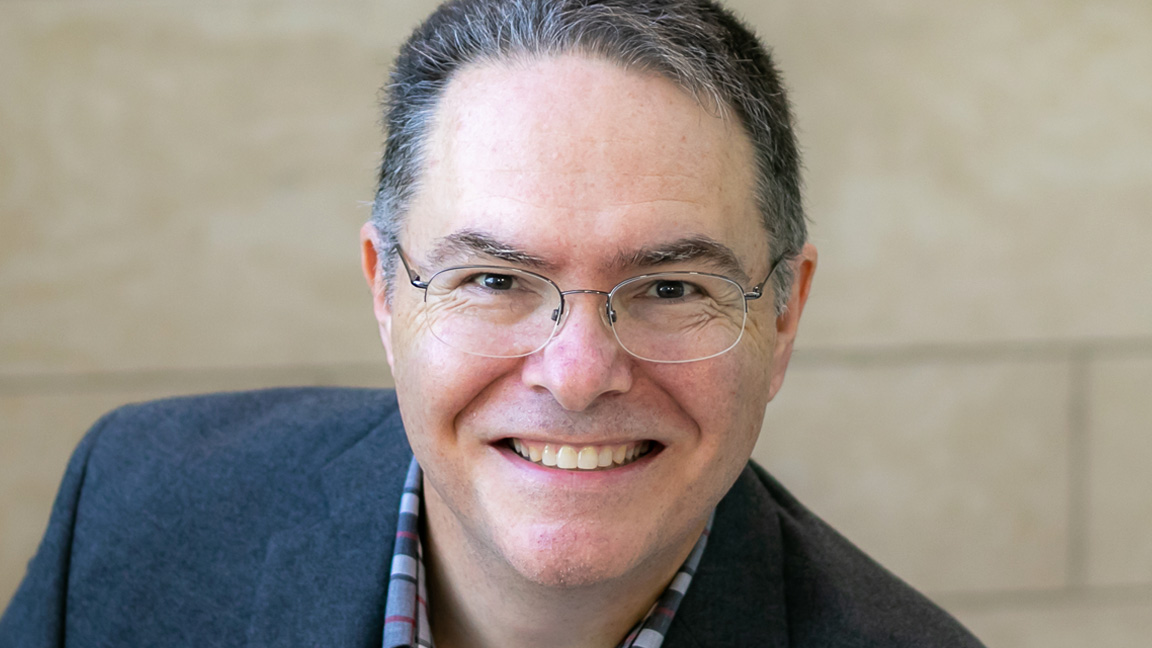About a year ago, I lost most of my hearing in my left ear. It was only temporary, but I didn't know that at the time and I didn't take it well.
I figure I've always had good hearing, mostly because other people have regularly said, "You can hear that?" Back in my production days, I was the guy who wouldn't lock up the control room because I could hear that a VTR or some other machine somewhere in the equipment rack was still on. Even now, as I write this, I can hear the steady hum of my laptop's fan—and through the closed hurricane impact window in my office, there's the whining of a leaf blower the kid across the street is using to clean the pine needles off his driveway.
[Editorial: The 'Old Days' Really Weren't That Long Ago]
But last year, when I got sick, it was as if my ear was completely clogged. Suddenly, my hearing was just gone. I made a beeline to the local ENT specialist for an examination and a hearing test. Turned out I had mild-to-moderate sensorineural sloping hearing loss in my left ear. Even to the untrained eye, a review of my audiogram showed a sudden, unmistakable drop in hearing level for my left ear in the high frequencies (from 3-8 kHz).
That evening, I walked onto my front lawn, listening for the sound of crickets. Once I located the little buggers using my right ear, I covered it and turned toward the noise with my left ear. Nothing. Looking back, I'm not sure I want to know what the neighbors would have thought had they seen me conducting this aural experiment.
A few nights later, I could hear them again … at least a little bit. My hearing slowly improved, but my ear still felt clogged when I returned to the ENT a week later. It felt like someone had shoved something—maybe a Brazil nut or a Matchbox car—into my left ear canal, but there was no congestion to be found.
Thankfully, the follow-up test revealed only a normal-mild sensorineural sloping hearing loss, while my right ear remained normal. Through both tests, I scored 100% word recognition in both ears, which was a relief. Eventually, the clogged feeling went away, and I haven't experienced another sudden loss of hearing in either ear. I've also gone online and listened to a few high-frequency test tones; I'm still good at almost 12 kHz, but anything higher and I'm going to have to take your word for it (pretty normal for my age).
[Audio Manufacturers Revisit Supply Chain Issues]
There are all kinds of reasons for hearing loss, and an internet search can do an excellent job of scaring the ever-loving decibels out of you. So, how do you protect your hearing in an industry that caters to live events, post-production headphone use, and other potential auditory minefields? Thankfully, several companies in our industry stand ready to help.

For example, Sensaphonics has its dB Check Pro in-ear sound level analyzer. Developed for the music industry, it's an in-line device that provides real-time data on how loud you're listening to your earbuds or headphones—and it also tracks ambient noise levels and reports safe audio exposure times. Dr. Michael Santucci, president of Sensaphonics, said the dB Check Pro is like a "speedometer for your ears," because it lets you know when you're exceeding exposure limits based on government (OSHA and NIOSH) guidelines.
My temporary hearing loss wasn't the result of too many concerts or hanging out with jackhammer operators or even operating colonial cannons at Revolutionary War reenactments without protective cans. Still, it reminded me of the importance of protecting your hearing, especially in a professional field that places such an important emphasis on sound.
[Multi-Axis Audio Optimization]
This year, the World Health Organization's World Hearing Day is March 3. Maybe Pro AV companies should recognize this occasion by scheduling some hearing tests and exploring solutions to prevent hearing loss. Please, make it happen—this is one time where I don't want to hear crickets.

